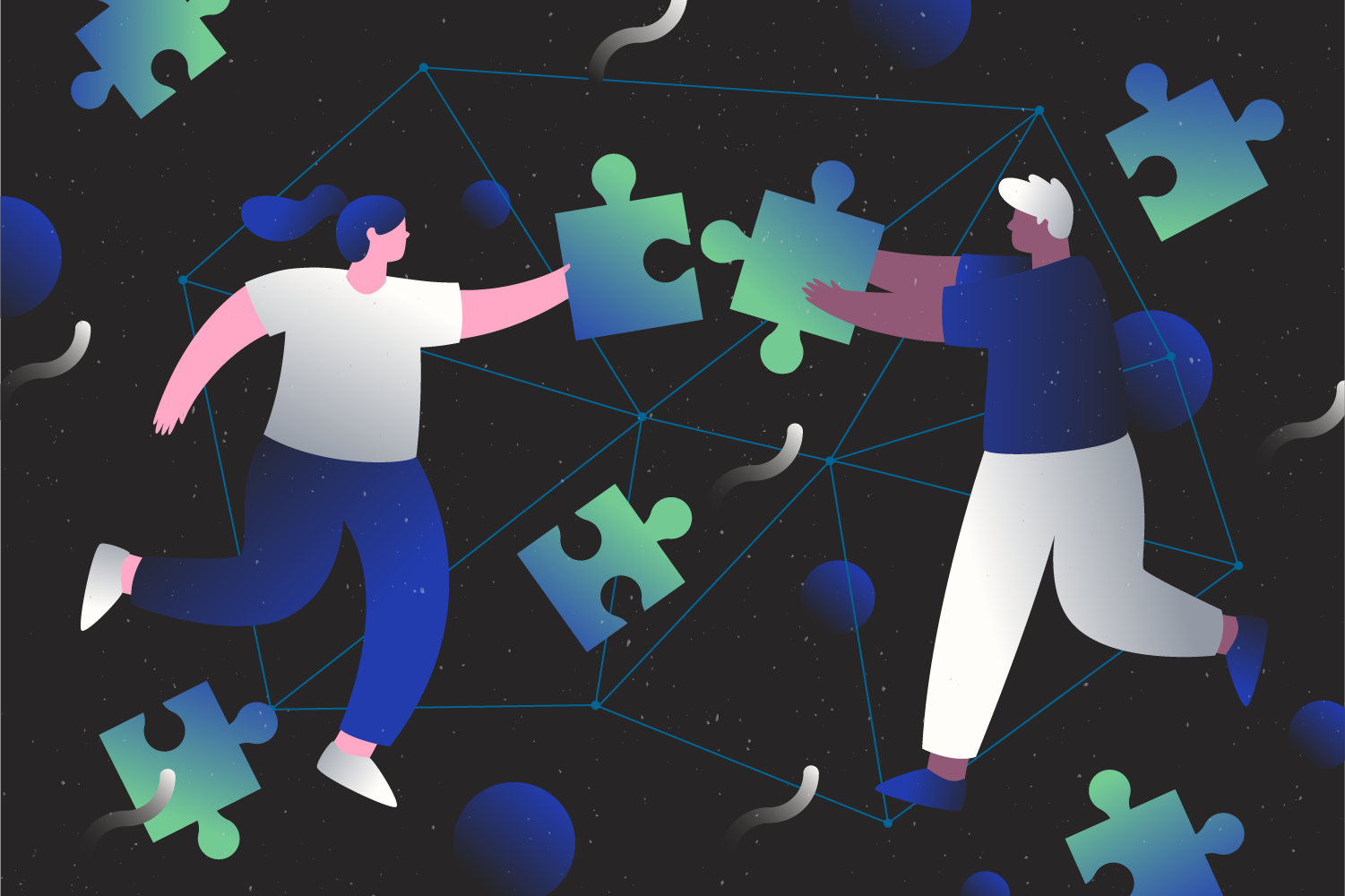In today’s dynamic market landscape, businesses must cater to the growing demand for personalized and efficient shopping experiences. Whether it’s customizing a car online or selecting modular furniture, product configurators have become essential tools for meeting customer expectations. They empower businesses to provide tailored solutions, reduce operational inefficiencies, and enhance customer satisfaction.
At Logik.io, we specialize in delivering advanced product configurator solutions that integrate seamlessly with your eCommerce platform, ensuring exceptional results for businesses and their customers. Let’s explore the types of products that can benefit from product configurators and why they are game-changers in the world of sales optimization and customization.
What is a Product Configurator?
Definition and Basic Functionalities
A product configurator is a software tool that enables customers to customize products according to their preferences and needs. It uses predefined rules and logic to guide users through available options, ensuring that the final configuration is both feasible and accurate.
Key Features:
- Real-time visualization and 3D modeling.
- Price calculation and validation.
- Integration capabilities with eCommerce and ERP systems.
Customization vs. Configuration
While customization focuses on modifying products after they’ve been created, configuration allows customers to build products from scratch by choosing components or features that fit their needs. Product configurators streamline this process by offering a guided, intuitive experience.
Benefits of Using Product Configurators
- Enhanced Customer Confidence and Satisfaction
- Real-time visualization helps customers see exactly what they’re getting.
- Guided experiences reduce decision-making complexity.
- Streamlined Sales Processes
- Automates repetitive tasks, such as generating quotes.
- Reduces errors by validating configurations against predefined rules.
- Improved Operational Efficiency
- Bridges the gap between sales and manufacturing.
- Shortens production cycles by ensuring accurate orders.
- Increased Conversion Rates
- Personalized experiences keep customers engaged.
- Faster checkout processes encourage purchase completion.
What Products Benefit from a Product Configurator?
1. Automobiles
- Why: Cars often come with a variety of features, from engine types to interior materials. Product configurators allow customers to design their dream vehicle with real-time price updates and visual feedback.
- Example: Online car builders used by leading automotive brands.
2. Furniture
- Why: Modular and customizable furniture options appeal to consumers who want to personalize their living spaces. Configurators make it easy to select dimensions, fabrics, and finishes.
- Example: Retailers offering sectional sofas or custom tables.
3. Technology Products
- Why: Laptops, desktops, and other tech products often come with configurable specifications like memory, storage, and processors. Product configurators simplify complex technical decisions.
- Example: Custom-built PCs for gaming or work environments.
4. Apparel and Fashion
- Why: From tailored suits to customizable sneakers, fashion brands use configurators to let customers design one-of-a-kind pieces.
- Example: Brands offering custom embroidery or design tools.
5. Manufacturing and Industrial Equipment
- Why: B2B customers often require machinery tailored to specific operational needs. Product configurators allow for precise configurations of size, power, and functionality.
- Example: Customized industrial tools or equipment.
6. Consumer Electronics
- Why: Configurators let customers choose features like color, storage capacity, and add-ons for products such as smartphones and smartwatches.
- Example: Pre-order tools for new electronics.
Industries That Benefit Most
- Automotive: Custom car builders.
- eCommerce: Personalized retail experiences.
- Manufacturing: Tailored machinery configurations.
- Fashion: Custom apparel and accessories.
- Technology: Configurable tech products for B2B and B2C markets.
Challenges and Considerations
Common Challenges
- Complex Implementation: Integrating configurators into existing systems can require significant resources.
- Customer Education: Ensuring users understand how to use configurators effectively.
Tips for Success
- Choose a Scalable Solution: Opt for a configurator that grows with your business.
- Prioritize Integration: Ensure compatibility with platforms like Salesforce and ERP systems.
- Leverage Expert Support: Work with experienced providers like Logik.io to ensure seamless implementation.
Case Studies and Examples
- Automotive: A global car manufacturer used a configurator to increase online engagement by 40%, allowing customers to build and visualize their vehicles.
- eCommerce: A furniture retailer reduced order errors by 30% and boosted sales with a 3D product configurator.
- Industrial Equipment: A B2B company streamlined its sales process by integrating a configurator, cutting lead times by 20%.
Conclusion
Product configurators are transforming how businesses approach sales and customer engagement. By empowering customers to create tailored products, configurators drive satisfaction, streamline operations, and boost revenue. From automotive to apparel, nearly every industry can benefit from implementing a robust configurator solution.
Ready to see how a product configurator can revolutionize your business? Let Logik.io guide you through the process with our state-of-the-art solutions tailored to your industry needs.

